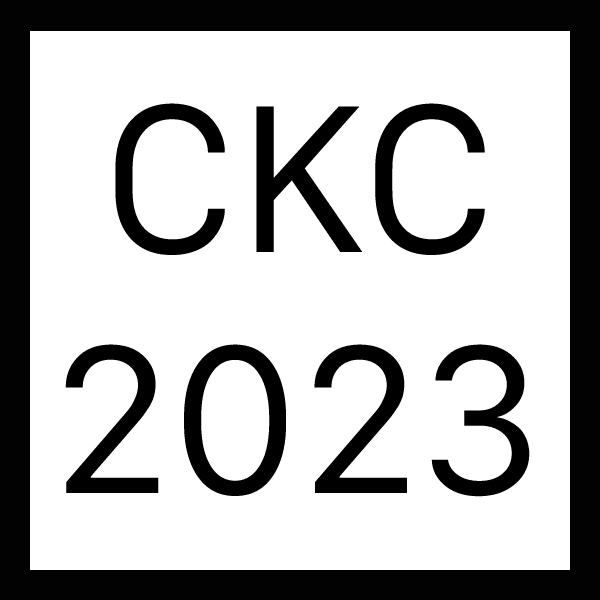CKC 2023: New Futures for Creative Economies
Day 2
Emotional Mapping: Creative approaches to capturing the social value of London School of Mosaic
Abstract
The UK has experienced a renewed focus from policymakers on the societal benefits of arts participation and their potential contribution to strategies for social cohesion and inclusion in urban contexts. There is also increasing recognition of care infrastructure, services and work provided by socially engaged arts organisations and artists. However, the practices of measuring social value have been critiqued for a ‘toolkit approach’ and an emphasis on generating an economic value equivalent. This sits alongside growing criticism of the lack of resourcing for the caring work of socially engaged arts organisations and artists. This paper presents findings from an ongoing interdisciplinary research project and collaboration with London School of Mosaic (LSoM) and RESOLVE Collective which asks: How do you understand and translate the value of a socially-engaged arts organisation? Using a case study of LSoM, this paper discusses the potential of emotional mapping as an alternative, creative and community-engaged tool for capturing the social value of an arts organisation and its relationship with the local area and its residents. Our approach aims to go beyond values of capital to capture diverse narratives of value in relation to the arts and urban environments. In doing so, we advocate for moving away from metric-based approaches towards more visual and narrative-based forms of evaluation.
The paper will present findings from a co-designed emotional mapping workshop held at LSoM in October 2022 with six community stakeholders, including local residents, artists, community leaders, and a local council officer. Our paper will offer a methodological reflection on the pilot process, outcomes and application. We will discuss our use of visual methods -mapping, documentary film, photography -alongside ethnographic approaches. We will reflect on how the mapping process can bring diverse stakeholders together to share subjective experiences, its capacity to visualise both personal habits and bias, and identify hubs of activity and emotion -including LSoM. Finally, we will discuss the potential application of emotional mapping as an alternative visual narrative tool for evaluation and local community asset mapping which could be used by both arts organisations and local policymakers.
Biographies
Author Biographies
Dr Lauren England is a Lecturer in Creative Economies in the Department for Culture, Media and Creative Industries at King’s College London. Her research interests include creative entrepreneurship, education and their relationship with policy. She has published research on craft entrepreneurship and education, developing creative economies in Africa and the impact of COVID-19 on creative workers and cultural policymaking. Lauren is currently a co-investigator on the “Socially Engaged Art & Policy” project funded by the British Academy.
Dr Chandra Morrison is a Leverhulme Early Career Fellow at the London School of Economics, where she is also Principal Investigator for the “Socially Engaged Art & Policy” project funded by the British Academy. Chandra is an urban and visual ethnographer. Her primary research examines public art practices and their relation to transformations of urban space and public life in contemporary Latin American cities and, more recently, London.
Dr Ed Charlton is a Lecturer in Postcolonial Studies in the School of English and Drama at Queen Mary University of London. He recently completed a British Academy Postdoctoral Research Fellowship at LSE Cities, London School of Economics. As an interdisciplinary scholar, he has wide interests within the contemporary urban sphere. His book “Improvising Reconciliation” (2021) draws on his interdisciplinary doctoral research on South Africa’s transition to democracy. Ed is currently a co-investigator on the “Socially Engaged Art & Policy” project funded by the British Academy.


